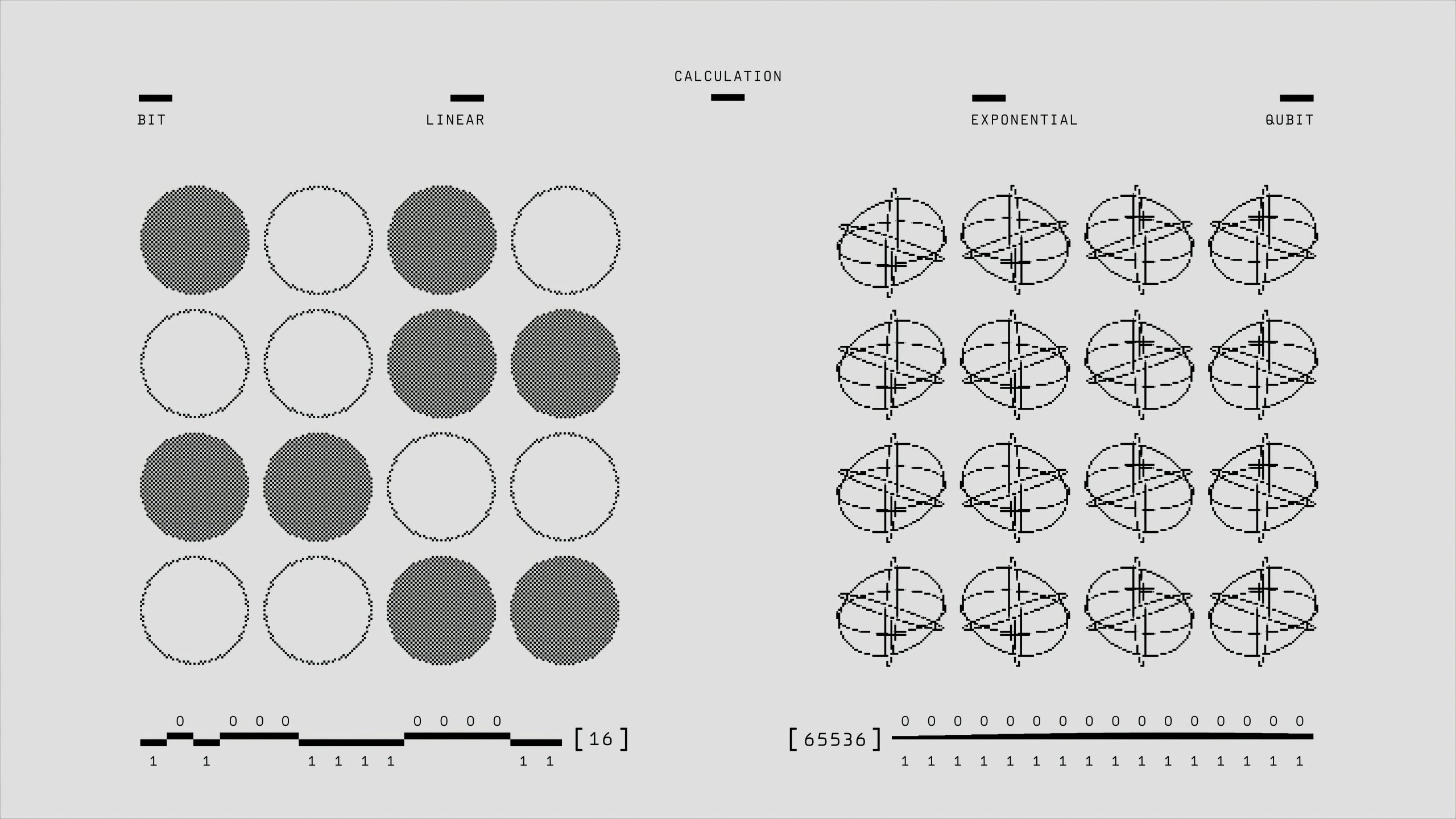Doing Drug Design Without AI Will Be Like Doing Science Without Maths
The Future of Drug Design: Embracing AI in the Quest for Cures
“In five years, conducting drug design without AI will be akin to doing science without mathematics.” – Max Jaderberg
I recently watched an enlightening episode titled “A Quest for a Cure: AI Drug Design with Isomorphic Labs,” hosted by the brilliant Hannah Fry. Featuring insights from Max Jaderberg and Rebecca Paul of Isomorphic Labs, the episode explores the revolutionary impact of artificial intelligence on the drug discovery process. I was genuinely amazed at how this technology is reshaping our approach to developing new medications.
Key Takeaways
Isomorphic Labs approaches biology as an intricate information processing system. Rather than targeting isolated components, their AI models analyze the vast array of proteins and chemicals to uncover comprehensive insights. This innovative method significantly enhances drug discovery efficiency and expands the horizons of what’s possible.
One of the standout tools discussed was AlphaFold 3, a remarkable advancement that predicts molecular interactions with proteins in seconds—an endeavor that previously consumed weeks or months. This newfound speed could dramatically expedite the development of new therapeutics.
Moreover, AI is breaking barriers by targeting diseases once deemed “undruggable.” By predicting toxicity at earlier stages, AI not only enhances drug safety but also holds the promise of saving lives and minimizing adverse effects.
The concept of personalized medicine emerged as another thrilling frontier. With AI’s capabilities, we may be poised to create tailored treatments for individuals, potentially revolutionizing the healthcare landscape.
Max Jaderberg envisions a future where drug discovery becomes a collaborative process between humans and AI. He describes a scenario where we can guide AI agents to navigate vast molecular spaces, returning with innovative solutions in mere hours—results that would have traditionally required human effort over weeks.
A Call for Reflection
For those intrigued by the intersection of medicine and technology, this episode is a must-watch. It raises important questions: Will AI truly transform drug discovery as proclaimed, or are there unforeseen pitfalls we should be cautious of?
Additionally, as AI takes on more responsibilities in the drug development process, how do we preserve the essential human elements—such as creativity and intuition—that have historically sparked breakthroughs?
There’s a valid concern that an over-reliance on AI might limit our capacity to explore unconventional ideas or stumble upon serendipitous discoveries that don’t fit neatly into established data patterns.
As we stand on the brink of this new era in medicine, it’s crucial that we strike a balance between technological advancement








Post Comment